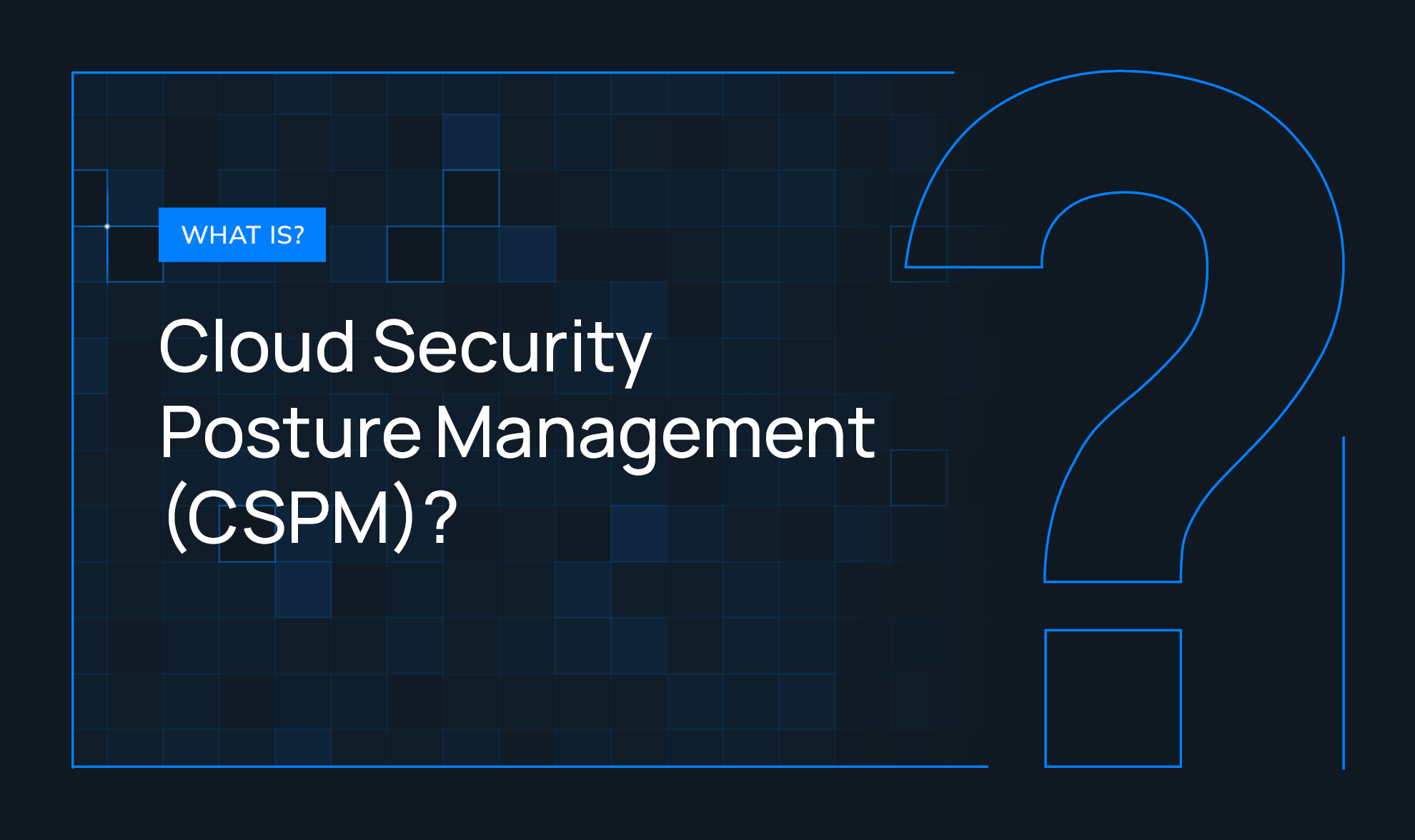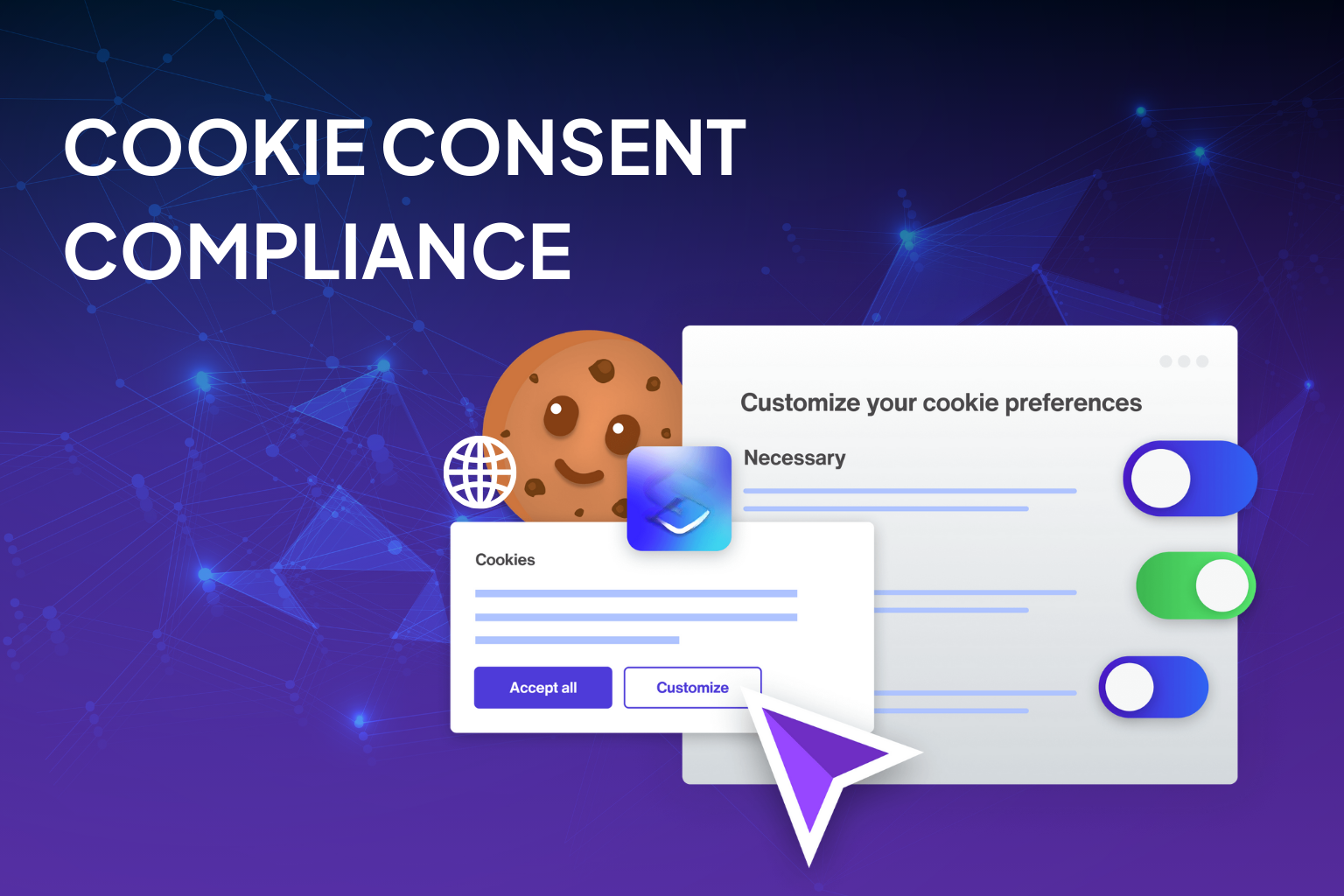
AI Governance and Compliance: Ensuring Responsible and Ethical Artificial Intelligence Use
As Artificial Intelligence (AI) continues to reshape industries across the globe, its rapid adoption brings significant benefits and equally significant responsibilities. Organizations leveraging AI technologies must now face the dual challenge of optimizing performance while ensuring ethical, transparent, and compliant use. This is where AI Governance and AI Compliance come into play, providing a structured framework to manage risks and maintain accountability.
In this blog, we’ll break down the core principles, essential factors, and explain how Redacto enables businesses to stay fully compliant, transparent, and ethically sound while innovating at scale.
What Is AI Governance?
AI Governance refers to the policies, processes, and frameworks that ensure AI technologies are developed and used in a responsible, transparent, and ethical manner. It involves decision-making structures that align AI practices with an organization’s values, regulatory requirements, and societal expectations.
Key Components of AI Governance:
- Ethical Guidelines: Establishing moral principles to avoid biased or harmful AI decisions.
- Accountability Frameworks: Assigning responsibility for AI outcomes and decisions.
- Transparency Measures: Ensuring explainability of AI algorithms and decisions to stakeholders.
- Risk Management: Identifying, assessing, and mitigating risks related to data privacy, bias, and security.
Why Is AI Governance Crucial?
Without strong governance, AI systems can inadvertently amplify biases, make opaque decisions, or violate privacy laws. Well-designed governance prevents these pitfalls by setting clear rules for development and deployment, promoting trust among consumers, regulators, and employees.
What Is AI Compliance?
AI Compliance refers to adhering to laws, regulations, and industry standards that govern the design, development, and deployment of AI systems. As governments worldwide introduce regulations such as the EU’s AI Act and CCPA, organizations must ensure their AI systems meet legal obligations.
Critical Areas of AI Compliance:
- Data Privacy Compliance: Ensuring AI systems respect data protection laws like GDPR and CCPA.
- Algorithmic Fairness: Preventing discrimination based on race, gender, or other protected characteristics.
- Security Standards: Safeguarding AI models and data against cyber threats.
- Documentation and Auditing: Maintaining detailed records of AI development, decision processes, and system updates for regulatory review.
Why AI Governance and Compliance Matter
Without effective AI governance and compliance, businesses face significant risks. They may produce biased decisions that harm customers and damage their brand reputation. Violating privacy regulations can lead to costly fines and legal consequences. Additionally, a lack of clear accountability can enable unethical practices, while poor data management results in untrustworthy AI systems. Strong AI governance and compliance frameworks do more than just protect businesses from these risks; they provide a structured approach that enables sustainable innovation, builds stakeholder trust, and supports scalable responsible growth.
Why This Matters for Businesses
Without solutions like Redacto:
- Sensitive data risks being exposed during AI model training or decision making.
- Manual compliance and governance practices are error-prone and inefficient.
- Bias in data may lead to ethical issues, legal penalties, and brand damage.
By using Redacto, businesses do not have to choose between innovation and compliance; they gain an automated, scalable solution that integrates directly into AI development workflows.
Conclusion
As AI technology becomes increasingly embedded in business operations, establishing strong AI Governance and Compliance frameworks is no longer optional, it’s essential. By adopting ethical principles, ensuring transparency, and staying compliant with evolving regulations, organizations can leverage the full potential of AI while safeguarding privacy, security, and fairness. Redacto stands at the forefront of this movement, providing innovative solutions to help businesses stay compliant and ethically sound in the AI-driven future.
FAQs
1. What is the difference between AI Governance and AI Compliance?
AI Governance is the broader framework of policies and ethics guiding AI use, while AI Compliance focuses specifically on adhering to laws and regulations governing AI.
2. Why is AI transparency important?
Transparency ensures that stakeholders understand how AI systems make decisions, helping to build trust and enabling accountability in case of errors or biased outcomes.
3. How can Redacto help with AI compliance?
Redacto automates the redaction of sensitive data, ensuring datasets used in AI systems comply with privacy regulations like GDPR and CCPA, reducing the risk of non-compliance penalties.
4. What are the risks of poor AI governance?
Poor governance can lead to biased decisions, privacy breaches, security vulnerabilities, and reputational damage, potentially resulting in legal action and loss of consumer trust.
5. Is AI compliance only relevant for large companies?
No, AI compliance applies to any organization using AI technologies that process personal or sensitive data, regardless of size.




%20Redacto%20logo_New.png)



.jpg)



